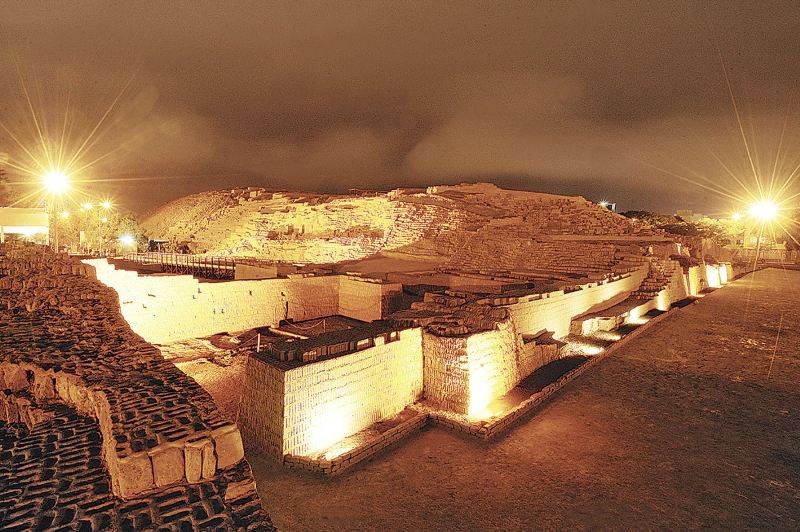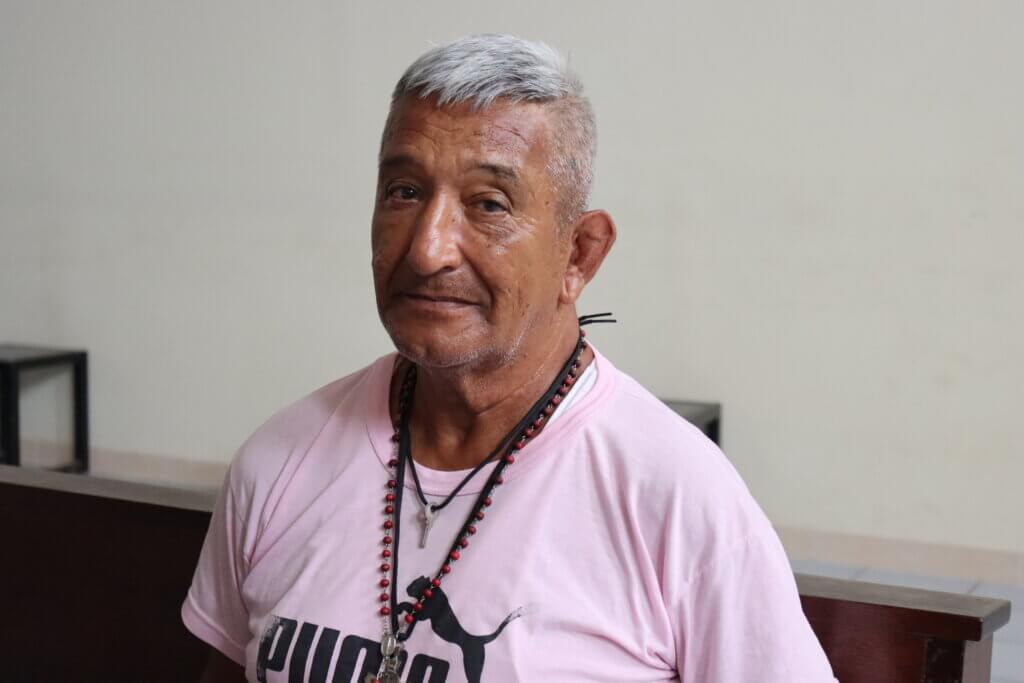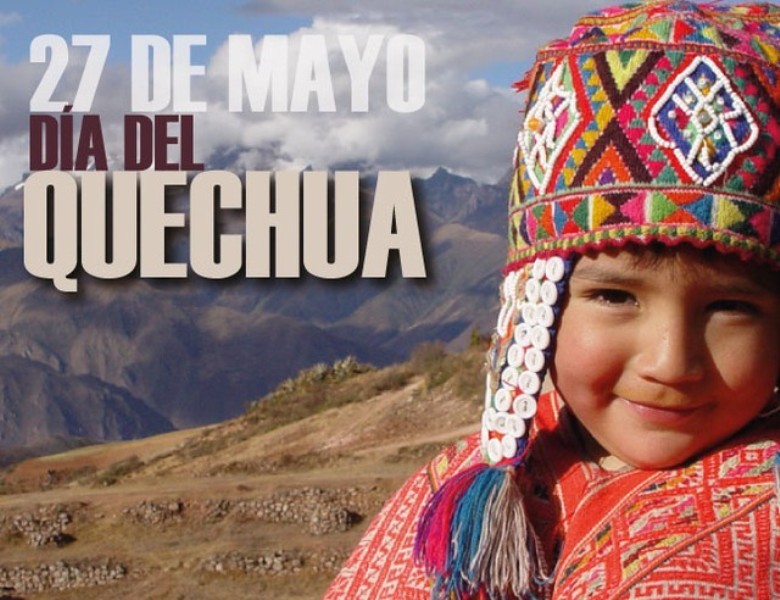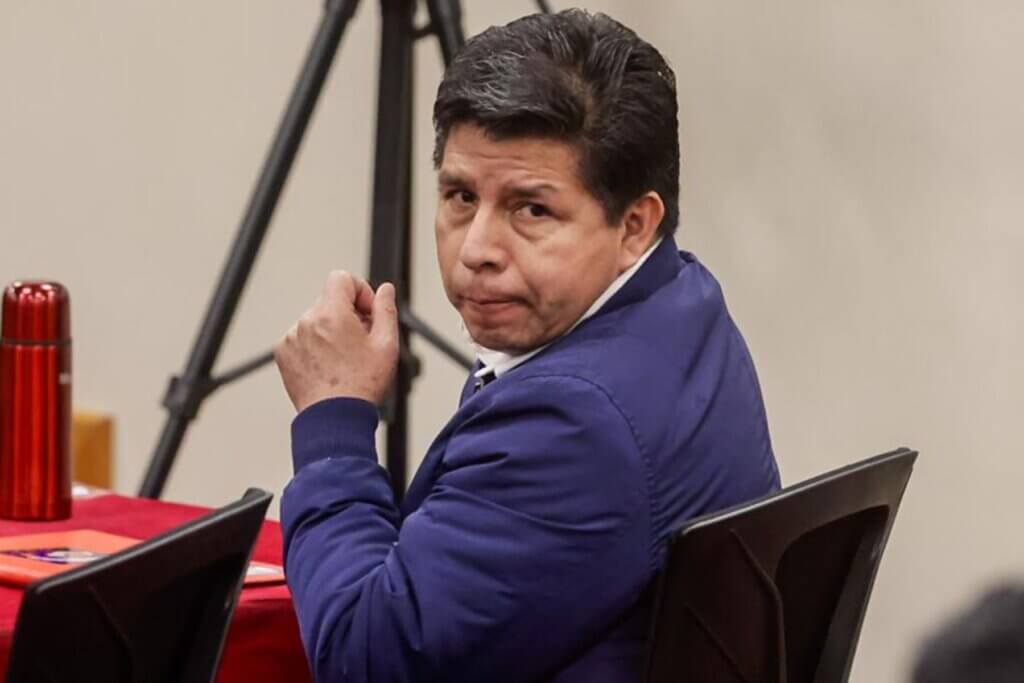Peru enacted a law last week which will allow private companies to provide tourist services at cultural heritage sites.
Peru’s culture minister Diana Alvarez said that cultural heritage sites will remain property of the state, but services such as cleaning, security, restaurants and museums may be outsourced to private companies for periods no greater than ten years.
Alvarez claims that there are so many archaeological sites in Peru that the government does not have the resources to properly care for all of them. She hopes that partial privatization will lead to increased investment and boost the value of each archaeological site and the surrounding areas.
The harshest criticism of the measure came from the state government of Cusco, the region which served as capital of the Inca empire and is home to Peru’s top tourist destination, Machu Picchu, among other well-known Inca sites.
“The law is a serious attack on the cultural legacy of a great civilization that is the hallmark of our national identity, recognized and admired worldwide,” wrote Cusco governor Edwin Licona in a statement. Cusco officials have said they will propose a bill to repeal the new law.
Alvarez counters that world-heritage sites like Machu Picchu, Chavin de Huantar and Chan Chan will not be eligible for private contractors to provide services. She also pointed to successful private management of archaeological sites including Huaca Pucllana in Lima or the Huacas del Sol de de la Luna in Trujillo.
While opponents point to the Huaca San Borja, where a private company built a parking lot inside the site, archaeologist Ricardo Morales says that the increased revenue from investment will help fund research, conservation and tourism.
Sources
Patrimonio Cultural: ¿cuál será el papel de la empresa privada? (El Comercio)
Cusco rechaza que privados administren patrimonio arqueológico (El Comercio)
Concesión de complejos incas divide a cusqueños (La Republica)
Cusco cuestiona nueva Ley de Patrimonio (La Republica)







